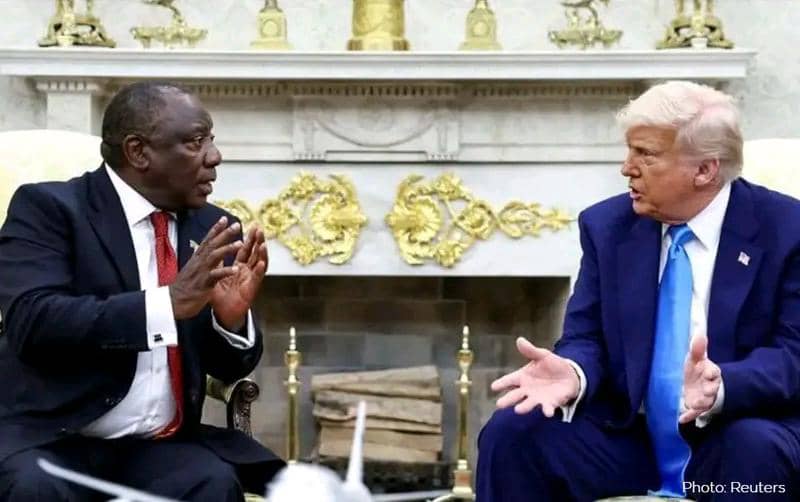By Suleman Chitera
When the Malawi Electoral Commission declared Peter Mutharika winner of the 16 September presidential election, the reaction within Malawi’s pro-Palestine circles was immediate, emotional, and unusually loud.
While no official statements emerged from Gaza or the West Bank, local activists who advocate for the Palestinian cause interpreted Chakwera’s defeat as a symbolic victory — a response to what they describe as his “political indifference” to the suffering of civilians in the Israel–Palestine war.
A Foreign Policy That Left Scars at Home
Throughout his tenure, former president Lazarus Chakwera walked a delicate diplomatic path during the escalating conflict in Gaza. Malawi’s votes and positions at international forums were criticized by pro-Palestine groups who believed the administration was leaning too close to Israel at a time when images of bombed schools, hospitals, and refugee camps flooded global media.
To these activists, Chakwera’s stance felt like a betrayal.
“When he supported resolutions that upheld Israel’s operations, he supported the continuation of killing innocent Palestinians,”
said Yassin Kalima, an outspoken organizer at a Lilongwe-based civil rights network.
“Malawi is a peace-loving nation. We expected him to defend the oppressed.”
Religious leaders from several Muslim organizations also repeatedly pressed government for clarity on its Middle East position, arguing that Malawi could not remain silent while thousands of civilians were dying.
Election Night: A Symbolic Release of Emotions
As unofficial results showed Chakwera trailing, WhatsApp groups that organize pro-Palestine solidarity campaigns buzzed with celebration. Members exchanged videos, prayers, and voice notes describing the loss as “justice,” “a warning to future leaders,” and “a sign that God stands with the oppressed.”
Related Story Supporter Of Palestine War Chakwera loses Elections
In the townships of Mangochi, Balaka, and parts of Mzuzu’s Area 1B — regions with vibrant Muslim communities — the atmosphere was almost festive. Youth groups lit small bonfires, chanted pro-Palestine slogans, and waved the red, white, black, and green colors that have come to symbolize resistance.
One activist told this reporter:
“It wasn’t just about politics. It was about standing with Palestine. When Chakwera lost, people felt their voice had finally been heard.”
The Unofficial ‘Palestine Dimension’ in the Malawi Vote
While the economy, inflation, and fuel shortages drove the bulk of voter frustration, analysts say Chakwera’s international alignments subtly shaped opinions in pockets of the electorate.
Local researcher Wiza Nyondo argues:
“Foreign policy rarely decides elections in Malawi. But it influences emotions and identity. Many Malawians, especially Muslims, felt Chakwera ignored their cries regarding Palestine. His loss reopened that wound — and to them, it felt like accountability.”
Absence of Official Palestinian Comment — but Presence of Symbolic Meaning
There has been no public reaction from Palestinian officials, media outlets, or Gaza-based groups regarding the Malawi election. However, the symbolism was powerful enough that some Malawian activists interpreted the result as a “gift to Palestine.”
In online posts monitored shortly after the election, diaspora groups repeated the sentiment:
“Malawi has rejected complicity in Gaza.”
A Lesson for Future Malawian Foreign Policy?
The emotional response reveals something deeper: as Malawi becomes more globally connected, foreign-policy positions — once abstract — now carry real political consequences. Voters expect leaders to show moral clarity, especially when innocent lives are at stake abroad.
As President-elect Mutharika steps back into office, pro-Palestine activists say they will pressure him to align Malawi with nations that publicly condemn civilian killings in Gaza.
“Malawi may be small,” activist Kalima says,
“but our voice matters to the suffering child in Palestine. Never again should our foreign policy contradict the values of humanity.”




